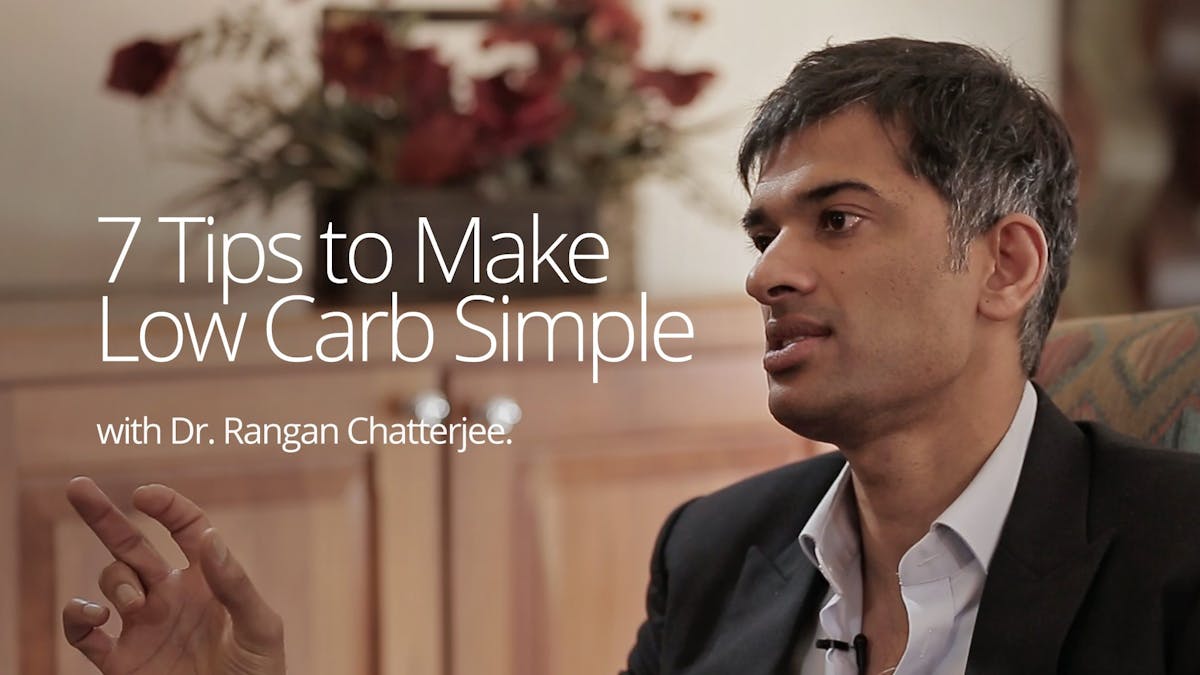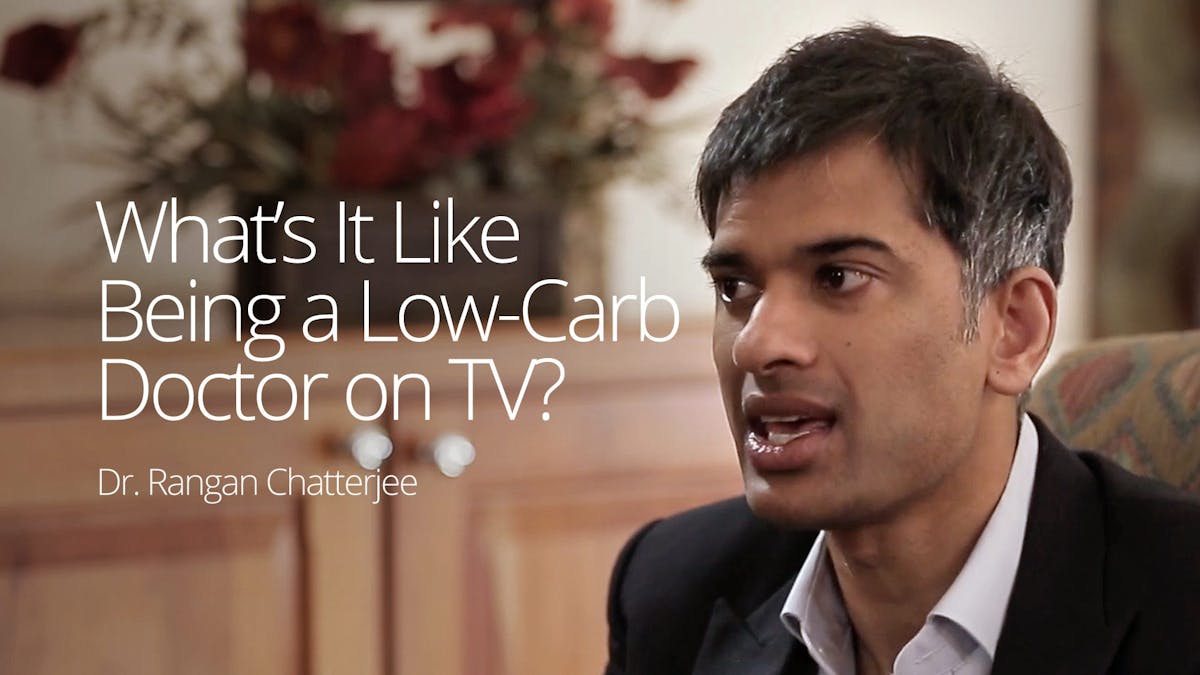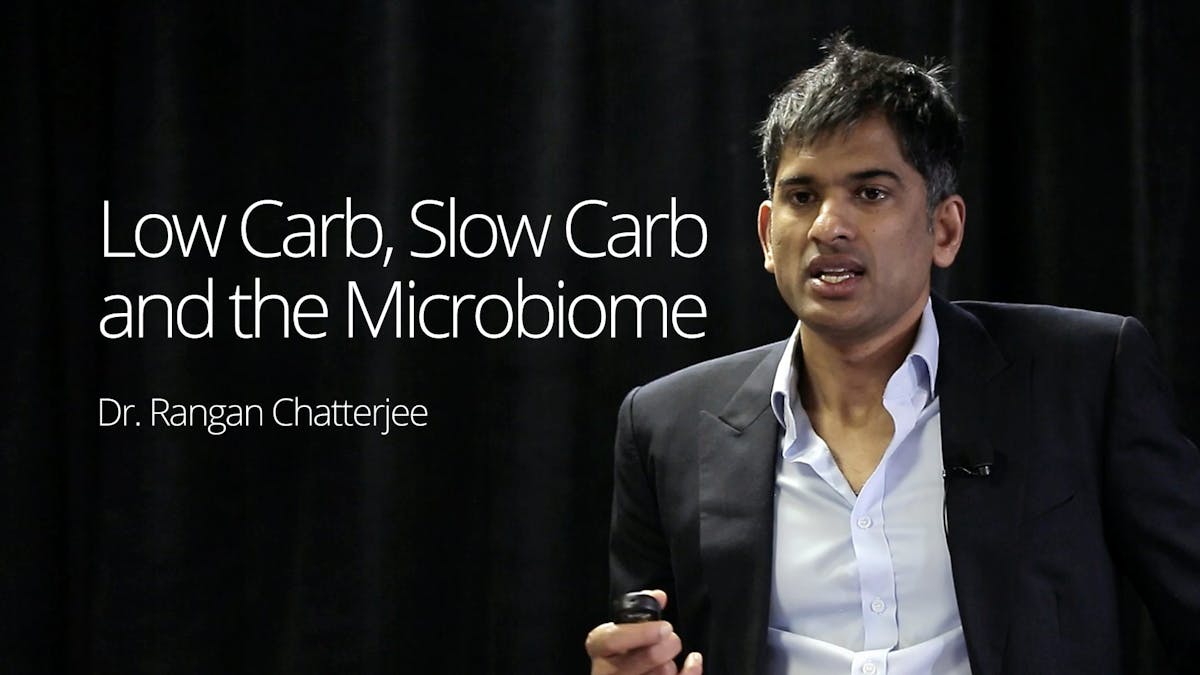How to make diseases disappear – Dr. Chatterjee’s awesome TEDx talk
Dr. Rangan Chatterjee can make common chronic diseases disappear, like type 2 diabetes. In this awesome new TEDx talk he shares how. It’s not about prescribing drugs – they can usually only cure acute diseases.
To cure chronic diseases we need to target the core reasons that people got the disease in the first place. So there’s nothing “magic” about what Dr. Chatterjee is suggesting – it’s something any doctor could do. If they knew how. But sadly, almost no doctors learn how to do it.
I think everyone should watch this 18-minute talk, it’s truly great. Please feel free to share it!
More
How to Reverse Type 2 Diabetes (and make it “disappear”)


